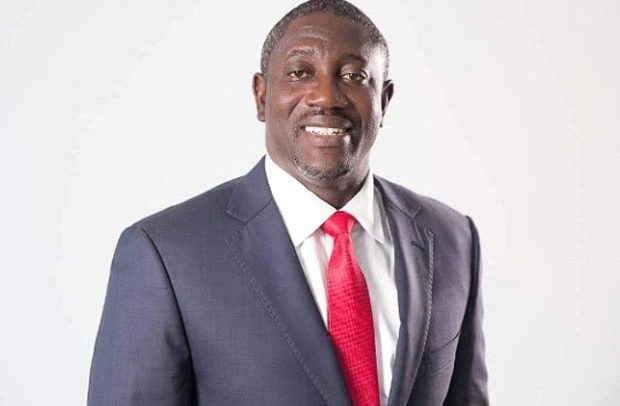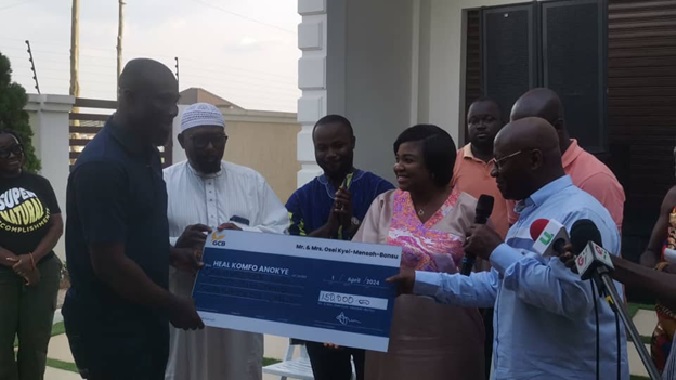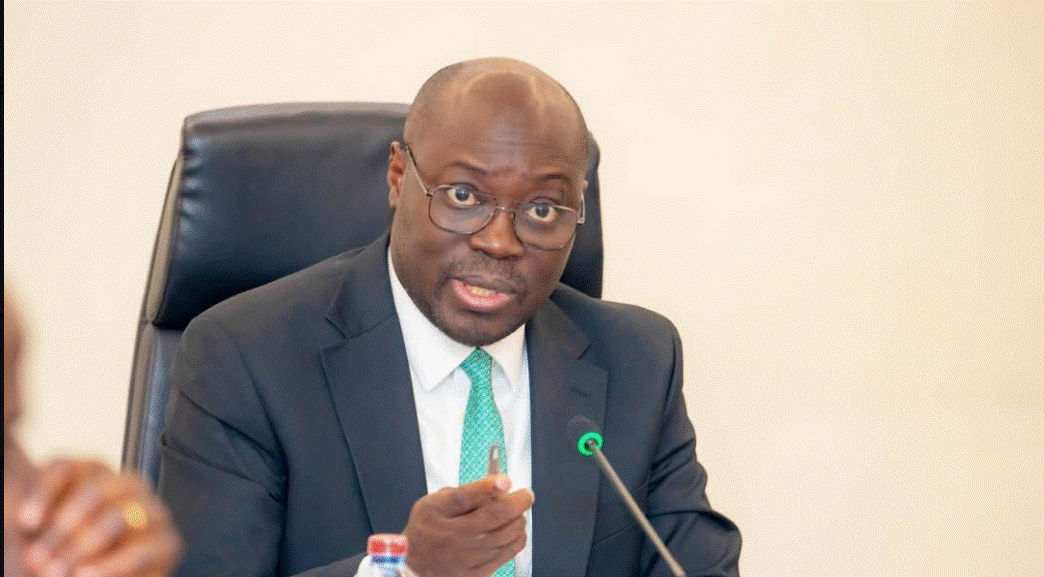
The Ghana Export-Import (GEXIM) Bank has approved about GH?1.7 billion to support the government's flagship, the One District One Factory (1D1F) initiative projects, the Chief Executive Officer (CEO) of the bank, Mr Lawrence Agyinsam, disclosed in Accra yesterday.
Mr Agyinsam who was speaking at the National Conference on the implementation of the African Continental Free Trade Area (AfCFTA) in Accra stated that although the government had supported about 181 projects, GEXIM Bank had financed 81 out of the number, at the cost of close to GH¢800 million.
He named some of the projects as pharmaceuticals, oil palm, garments, fruits, shea butter, adding that "All these sectors have received financing from the GEXIM bank."
The GEXIM Bank CEO said the country had been able to provide investment in the pharmaceutical space, saying that 40 per cent pharmaceutical products were produced locally with 60 per cent being imports.
To enable Ghana to compete with other countries, Mr Agyinsam indicted that there was the need to focus on the agricultural sector.
He said Ghana was endowed with arable lands where there was not much investment, with about 70 per cent not cultivated, adding that "we need to invest in cocoa, maize, soya beans, cashew and the likes."
Mr Agyinsam noted that there was the need to support packaging companies to enable the country to meet international standards and take opportunities in the African space.
He challenged the private sector players to come out with innovative business plans in that area, to empower locally produced products to compete with other international commodities.
Mr Robert Ahomka-Lindsay, Deputy Minister of Trade and Industry, said the country strived to move away from exporting raw materials such as cocoa and gold to exporting finished goods such as chocolate and jewelleries.
"In bringing forth this AfCFTA, our interest is not only to sell cocoa to Mali, Egypt, Kenya or South Africa but also to sell chocolate which is a valued addition," he added.
Mr Ahomka-Lindsay noted that the 1D1F was a policy not for the government to build, but to support and provide an enabling environment for the private sector to operate.
He said that there was opportunity through AfCFTA for the salt industry to supply Nigeria with salt, saying, "Ghana and Senegal had some of the largest deposit base for industrial salt."
Read Full Story


















Facebook
Twitter
Pinterest
Instagram
Google+
YouTube
LinkedIn
RSS